June 5, 2025 | 21:55 GMT +7
June 5, 2025 | 21:55 GMT +7
Hotline: 0913.378.918
June 5, 2025 | 21:55 GMT +7
Hotline: 0913.378.918
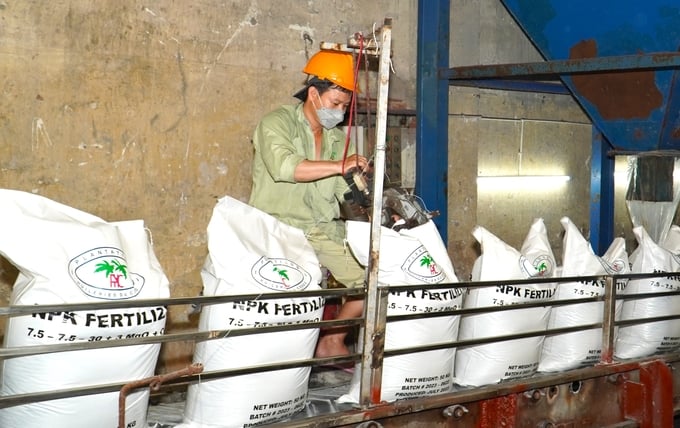
Fertilizers are essential agricultural inputs, crucial for increasing crop yields and improving soil fertility. Photo: Kieu Trang.
Climate change has a substantial impact on agriculture. Nevertheless, it is the second largest source of greenhouse gas emissions, following the energy sector. This impact is predominantly concentrated in areas such as rice cultivation, livestock, land management, and the use of fertilizers and pesticides. The improper use of fertilizers and the deployment of incorrect fertilization technologies are two contributing factors that have a detrimental effect on soil health.
Fertilizers are an essential agricultural input that are instrumental in the improvement of soil fertility and the increase of crop production. Mr. Phung Ha, Chairman of the Vietnam Fertilizer Association, observed that the global agricultural production could experience a 50% decline in the absence of chemical fertilizers.
In the meantime, the Food and Agriculture Organization (FAO) reports that over 100 million tons of nitrogen-based fertilizers, approximately 50 million tons of phosphorus fertilizers, and over 40 million tons of potassium fertilizers are utilized annually on a global scale. The use of fertilizer is responsible for approximately 2.5% to 5% of the total greenhouse gas emissions, which vary by country.
Intensive rice cultivation systems have resulted in the depletion of soil fertility and the disruption of the rice ecosystem equilibrium, as they have placed an inordinate amount of pressure on fields.
Chemical fertilizers have substantially increased crop yields over the past century, as per Mr. Ha. Subsequently, this expansion resulted in elevated greenhouse gas emissions. Heavily utilized as a basic material in the production of nitrogen-based fertilizers, ammonia is currently the second most abundantly produced chemical on a global scale. The production of ammonia is responsible for 1% to 2% of the global CO2 emissions.
Mr. Ha cited a study conducted in China indicating that farmers can achieve yields that are 117% higher than those achieved with chemical fertilizers alone when they use a balanced combination of organic and inorganic nutrients. In India, producers can increase rice yields by 32% when they apply bio-fertilizers and reduce nitrogen and phosphorus by 50% in comparison to chemical fertilizers alone.

Mr. Phung Ha, Chairman of the Vietnam Fertilizer Association, stated that global agricultural production could decrease by about 50% without the use of chemical fertilizers. Photo: Kieu Trang.
Mr. Ha underscored that the sustainable and environmentally benign production of rice will be contingent upon the proportionate use of inorganic and organic bio-fertilizers. The potential to substantially alter soil structure and stimulate the growth of beneficial soil microorganisms is present in organic fertilizers.
Fertilizer manufacturers have implemented a variety of measures to enhance energy efficiency and reduce emissions during production on a global scale. Furthermore, there have been a plethora of initiatives implemented globally to enhance the management of fertilizer, soil, and vegetation. The objective is to optimize fertilizer utilization and minimize environmental degradation, thereby mitigating the adverse effects of climate change.
An illustration of this is the implementation of the 4Rs initiative in fertilizer management: the appropriate source, the appropriate rate, the appropriate time, and the appropriate location. Additionally, precision agricultural technologies are assisting producers in determining the precise type and quantity of fertilizer required. Additionally, the application of organic fertilizers, including manure, compost, and green manure, in conjunction with mineral fertilizers and vermicompost is promoted in order to develop more sustainable crop nutrient management solutions.
The pervasive development of slow-release fertilizers also contributes to the increase in fertilizer absorption by crops.
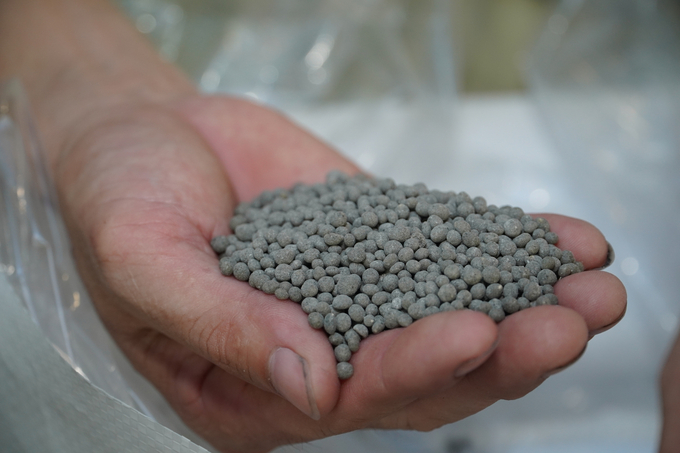
Improper use of fertilizers and incorrect application technologies have negatively impacted soil health. Photo: Kieu Trang.
Simultaneously, the agricultural sector has implemented a variety of alternative solutions to alleviate the consequences of climate change. These plans encompass the following: the selection of crop varieties, the reduction of greenhouse gas emissions through techniques such as "3 reductions, 3 increases," and "1 must, 5 reductions" to save input costs, the planning to ensure 3.8 million hectares of rice land, with 3.2 million hectares dedicated to two-crop cultivation to ensure national food security, and the reduction of emissions in the production and use of pesticides.
There is a correlation between soil, fertilizers, climate change, and crop productivity. Soil nutrient management must be scientifically based in order to reduce greenhouse gas emissions and mitigate the effects of climate change.
In order to accomplish this, the Vietnam Fertilizer Association's leadership believes that it is imperative to establish policies regarding fertilizer production and utilization that are both reasonable and consistent. This would facilitate the attainment of numerous objectives, including the guarantee of food security, the promotion of sustainable agricultural development, and the fulfillment of the Net Zero commitment by 2050.
Translated by Linh Linh
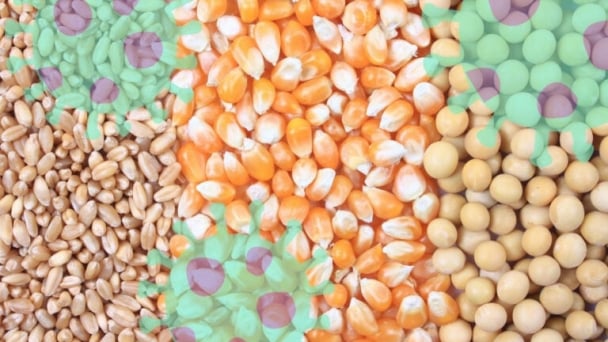
(VAN) Crops contaminated by mycotoxins may be costing poultry organisations more than £150,000 (€178,000) in losses annually.
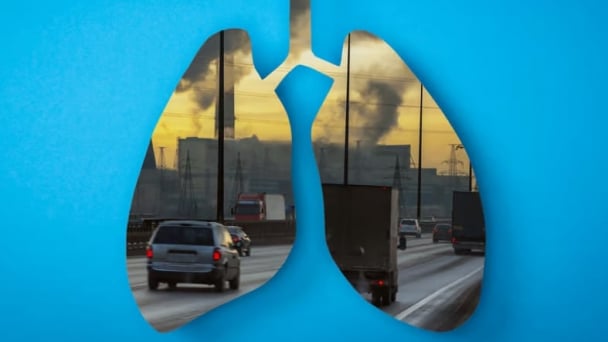
(VAN) New research has identified the mechanism by which air pollution damages the lungs’ self-cleaning system, leaving us vulnerable to infection.
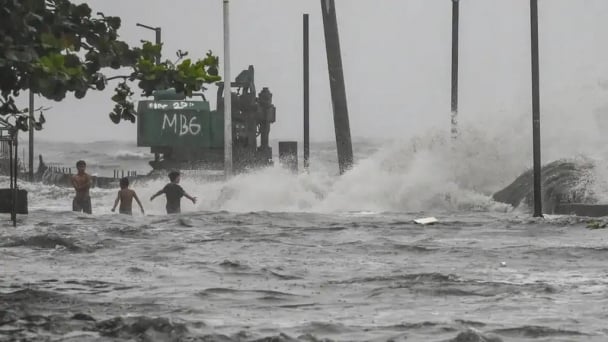
(VAN) On June 4 (local time), Deputy Minister of Agriculture and Environment Nguyen Hoang Hiep and the delegation attended the Global Platform for Disaster Risk Reduction (GP2025).

(VAN) UNESCO has officially awarded the Certificate of Recognition designating Lang Son Geopark as a UNESCO Global Geopark.

(VAN) The Food and Agriculture Organization of the United Nations (FAO) has appointed Alue Dohong as Assistant Director-General and FAO Regional Representative for Asia and the Pacific.

(VAN) Reuters, AP News, Washington City Paper and other outlets reported on the recent large-scale agricultural trade cooperation event between Vietnam and the U.S.
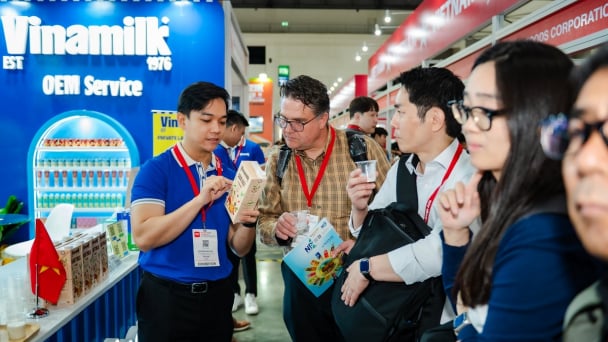
(VAN) At Thaifex Anuga Asia 2025, Asia’s leading food and beverage trade show, more than 170 Vietnamese enterprises are participating, with Vinamilk having been a consistent presence for nearly 20 years.